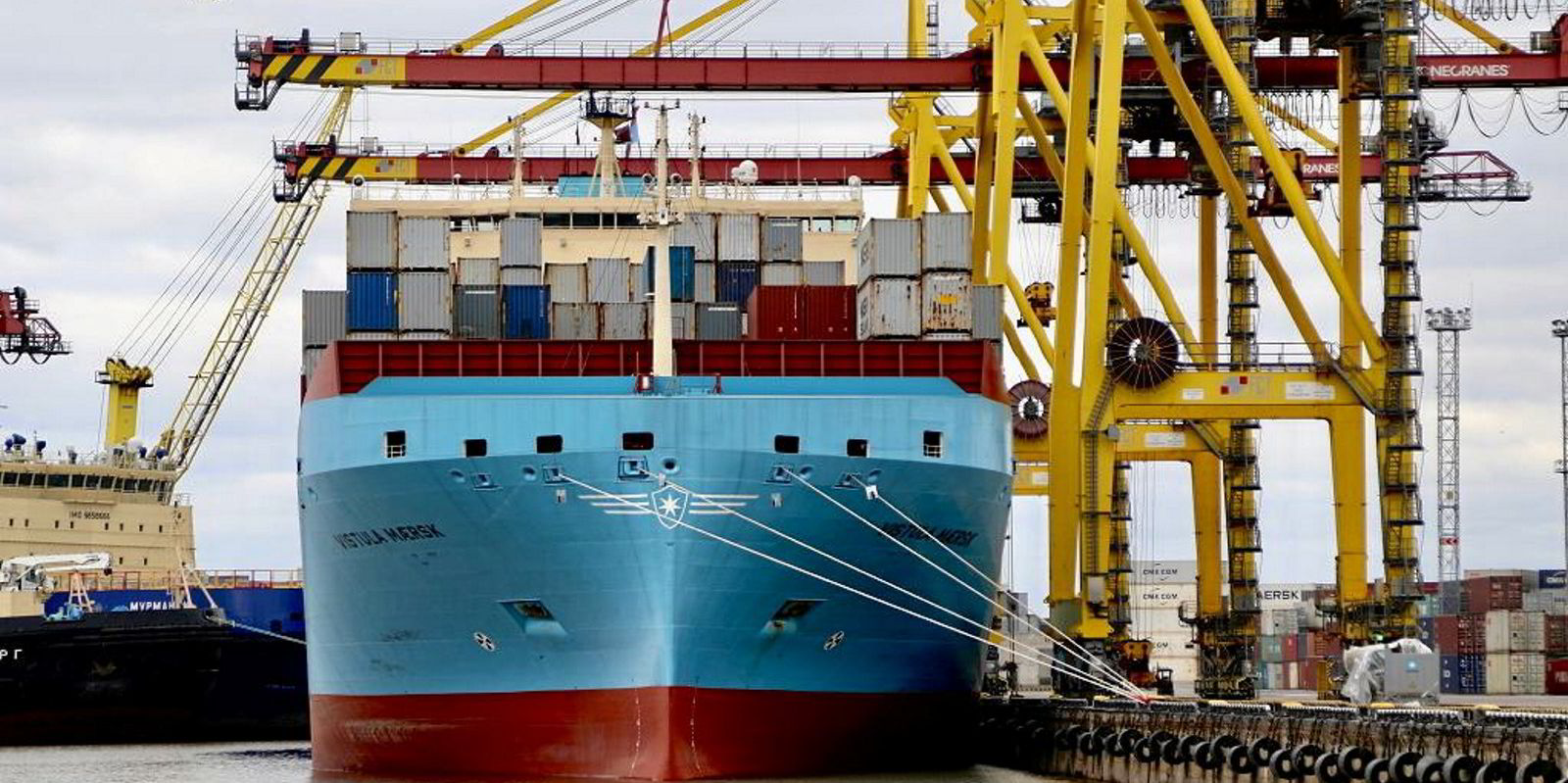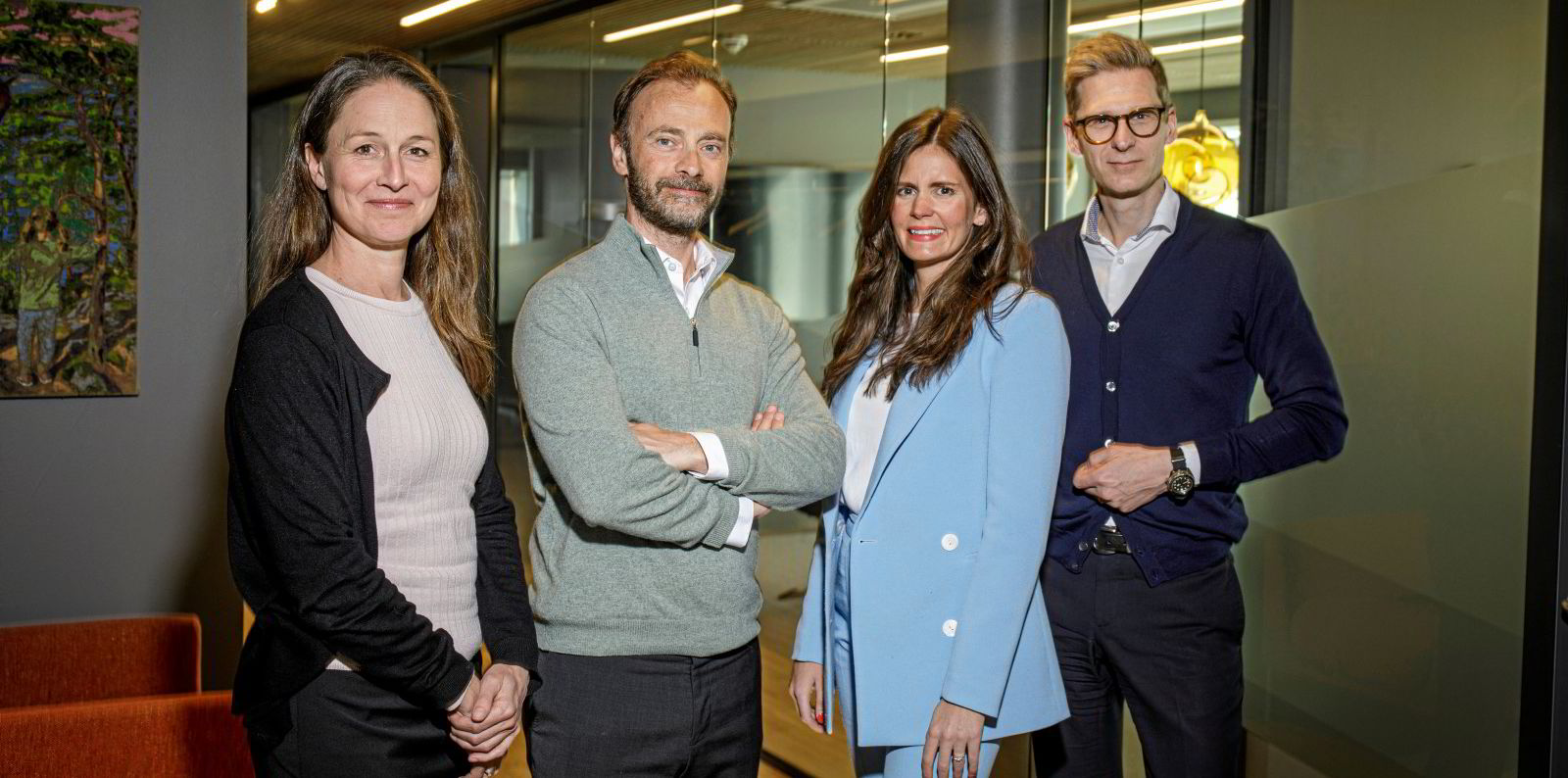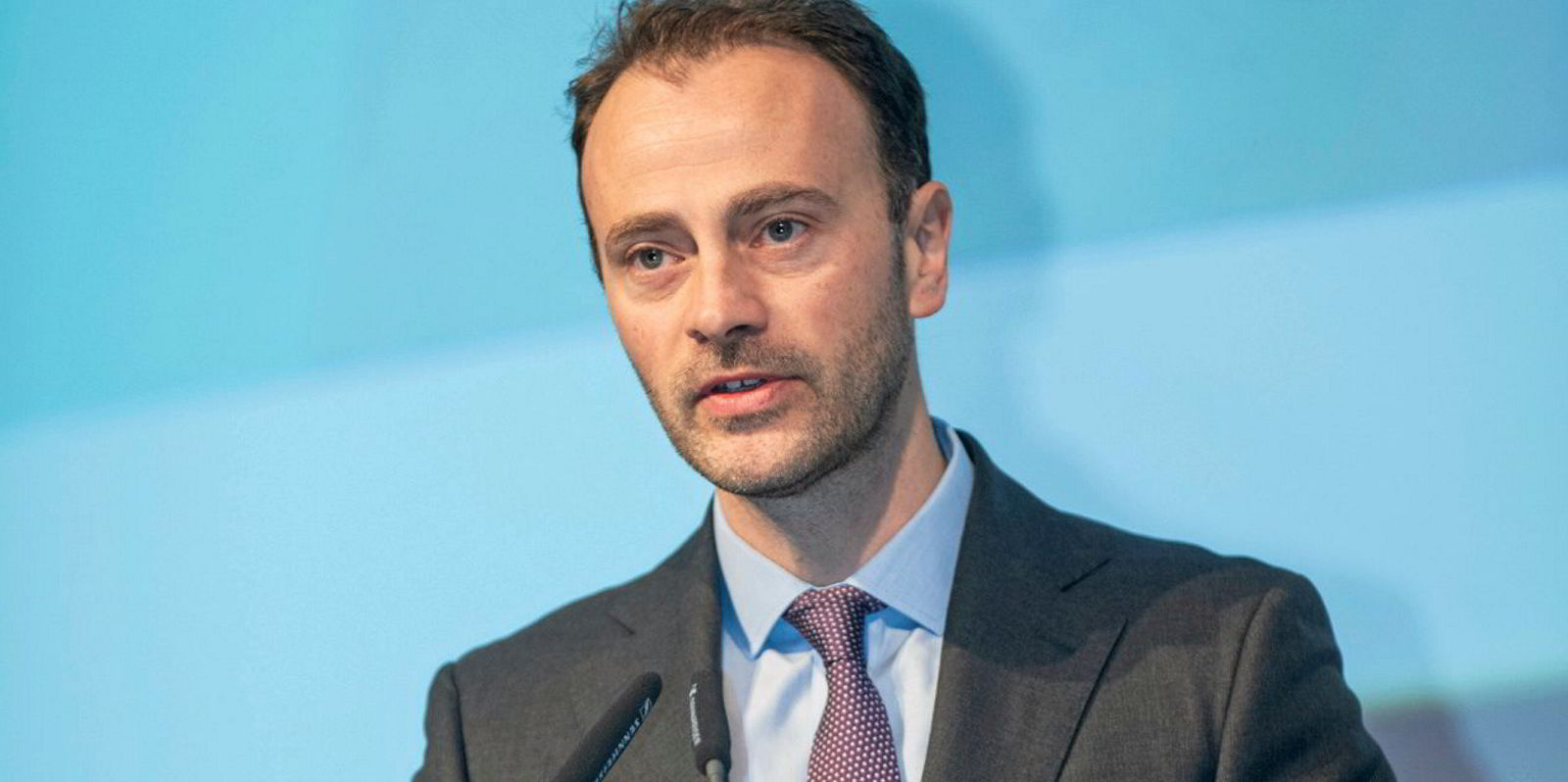Danish shipping groups have emerged with generally higher environmental, social and governance (ESG) ratings than their Norwegian peers as the fifth annual assessment of Oslo-listed companies was expanded to Copenhagen and Stockholm by the Position Green Group.
Last year, Norwegian ESG consultancy The Governance Group merged with Danish advisory firm Velocity Consulting and sustainability software platform Position Green to form Nordic group Position Green with investment from private equity firm Norvestor.
Danish transport and logistics group DSV scored an A rating while container shipping giant AP Moller-Maersk got an A- in the latest ESG 100 report and Torm got a B grade.
The best seven Norwegian companies all scored B ratings: Wilh Wilhelmsen, BW LPG, MPC Container Ships, Wallenius Wilhelmsen, Frontline, Golden Ocean Group and Flex LNG.
Oslo-listed Stolt-Nielsen was rated C alongside Copenhagen-listed NTG Nordic Transport Group.
Bringing up the rear with D grades were Norway’s Hafnia plus DFDS and D/S Norden in Denmark.
Most of the B-rated Norwegian companies had held their positions after improving the previous year from C grades but Stolt-Nielsen went backwards while Hafnia improved from an E to a D.
Position Green chief executive Joachim Nahem, who was a founding partner of The Governance Group, said the rankings show a significant gap between the best, like Maersk, and worst performing shipping companies such as Hafnia.
“However, it is important to note that you do not have to be a large company to do well,” he said.
“For example, MPC Container has improved its ranking and the top performer on the Oslo Exchange is a relatively small biochemical company Borregaard (A+), which outperforms much larger companies,” Nahem added.
Shipping companies on the Oslo Stock Exchange have made positive developments overall over the past five years, but Nahem said the demands from investors and looming regulatory requirements mean that reporting requirements are increasing each year.
This is despite recent criticism of ESG which has included Elon Musk labelling it a scam after US oil major Exxon Mobil placed among the top 10 in a different global ranking while Tesla failed to make the list, and The Economist magazine arguing that it is “exaggerated superficial guff.”

Nahem said a B rating this year does not mean you will meet expectations from stakeholders next year. “It requires that companies, including boards and management, continue to improve not only their reporting, but also provide a clear ambition and strategy on sustainability.”
The intention is not to name and shame companies but to assess the quality of reporting and highlight weaknesses in current standards and regulations, he added, to discover if companies provide ESG data on material issues or report according to established standards and to specific targets.
“We believe that shipping companies who do this well have a comparative advantage with regard to capital markets not just in terms of access but also the cost of capital,” Nahem said.
In general, Position Green said companies in Sweden and Norway have demonstrated solid reporting on issues covered by the most established framework for corporate climate risk, the Task Force on Climate-related Financial Disclosures (TCFD).
Some 66% of Norwegian and 63% of Swedish businesses applied the TCFD framework in a constructive manner.
But the report also finds wide gaps between reporting practices of the 100 largest listed companies in the three Scandinavian countries and the requirements of the EU’s forthcoming Corporate Sustainability Reporting Directive (CSRD) set to be adopted in October 2022.
Position Green argued for greater standardisation, and said the EU Taxonomy is creating a common legal framework for environmentally sustainable activities.
It also praised EU Taxonomy reporting requirements for describing green growth opportunities in more general sustainable economic terms than pure risk, citing Maersk as a good example.
Maritime-related technology and industrial groups in Norway and Sweden did well with Kongsberg, Yara International and ABB all scoring A grades while Alfa Laval got a B+.
Sweden’s ABB is one of very few companies linking executive pay to ESG performance which Position Green described as “a hallmark of companies that set clear targets and are willing to put their money where their mouth is”.
It also means the board must be actively engaged and assess the sustainability performance of the company by measurable KPIs, it added.
Norway
B ratings: Wilh Wilhelmsen, BW LPG, MPC Container Ship, Wallenius Wilhelmsen, Frontline, Golden Ocean Group and Flex LNG.
C rating: Stolt-Nielsen
D rating: Hafnia
Denmark
A ratings: AP Moller-Maersk, DSV
B rating: Torm
C rating: NTG Nordic Transport Group
D rating: D/S Norden
No shipping companies rated E this year





